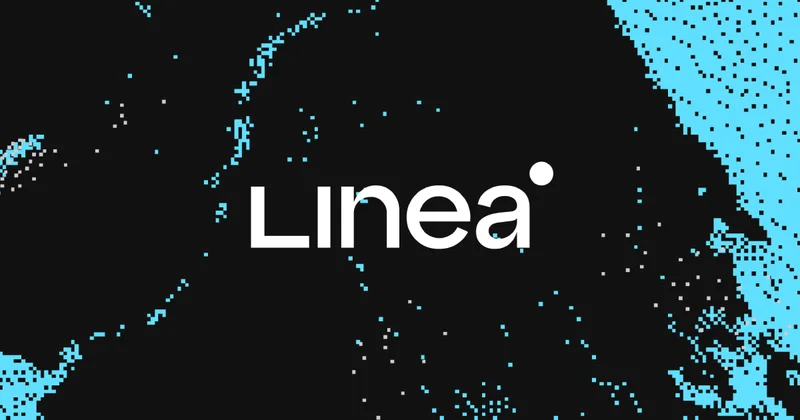Article Directory
So, we’re supposed to clap now?
OmniCorp, the tech behemoth that knows more about you than your own mother, just announced its brand-new "AI Ethics and Safety Board." I can almost picture the press conference: a CEO in a ridiculously expensive but deliberately casual-looking sweater, standing on a minimalist white stage, talking about "responsibility" and "our solemn duty." The air probably smelled of recycled oxygen and quiet desperation.
The press release, a masterclass in corporate doublespeak, promises "independent oversight" and a "commitment to human-centric AI." Give me a break. This is just a PR stunt. No, 'stunt' is too small—this is a full-blown theatrical production designed to make us all feel warm and fuzzy while they build Skynet in the server room next door.
They’ve packed the board with the usual suspects: a retired senator who probably still thinks a floppy disk is cutting-edge, a couple of academics from a university that just so happens to have received a massive "donation" from OmniCorp last year, and a "futurist" whose main job seems to be giving TED Talks that say absolutely nothing of substance.
This isn't an oversight board. It's a human shield.
The Illusion of Independence
Let's be real about what "independent" means in Silicon Valley. It means the checks are signed by a subsidiary, not the parent company. It means the board members get a fancy title and a nice stipend to show up four times a year, nod thoughtfully during a PowerPoint presentation, and then sign off on whatever the engineers were going to do anyway.
This whole setup is like hiring a fox to design the security system for the henhouse. Except the fox is also on the henhouse's payroll and gets a bonus if egg production goes up. They’ll talk a big game about "guardrails" and "ethical frameworks," but when a new AI model promises to boost quarterly profits by 12%, do you really think this panel of carefully selected friendlies is going to slam on the brakes?
What happens when the board raises a legitimate red flag? Does CEO Mark Thompson have to listen? Is there a big red button they can press to shut down a dangerous project? Or do they just file a strongly-worded report that gets buried in a sub-folder on a forgotten server? We don't know, because the details on their actual authority are conveniently vague.

It reminds me of my old cable company's "Customer Advisory Panel." They flew me out once, put me in a cheap hotel, and had me listen to executives talk about their "commitment to service." It was just a focus group to test new ways to screw us on billing. This feels exactly the same, just with higher stakes. The stakes being, you know, the future of humanity. But hey, at least the snacks were decent.
What Are They Even 'Governing'?
The core problem here isn't just the people on the board; it's the very concept. They're tasked with overseeing a technology that is evolving faster than anyone can comprehend. The engineers building this stuff barely understand how it works. They call it a "black box" for a reason—you put data in one end, and something unpredictable comes out the other.
So, how exactly is a board that meets once a quarter supposed to provide meaningful oversight? Are they going to be reviewing trillions of lines of code? Are they going to understand the emergent properties of a neural network with more parameters than synapses in a human brain? Offcourse not.
They’ll be given sanitized, high-level summaries prepared by OmniCorp's internal policy team. They will debate hypotheticals and philosophical conundrums while the real work—the dangerous, world-altering work—happens completely outside their purview. This ain't about safety; it’s about creating the appearance of safety.
It’s a pantomime for lawmakers. When Congress finally gets around to holding hearings in five years, OmniCorp can trot out the board’s chairman to testify about all their "proactive self-regulation." They’ll have binders full of meeting minutes and ethical charters to prove how seriously they took it all. It’s a pre-built alibi. And we, the public, are expected to buy it. They want us to believe this is progress, and honestly...
Then again, maybe I'm the crazy one here. Maybe these are all good people with the best intentions. Maybe this time it's different. But then I look at the last 20 years of tech history—the privacy scandals, the election interference, the mental health crises fueled by algorithms—and I just can't bring myself to believe it. Fool me once, shame on you. Fool me for the seventeenth time, and I guess I'm just a consumer.
It's Just More Corporate Kabuki
Look, I get it. Doing nothing isn't an option. The public is getting nervous, and governments are starting to sharpen their legislative knives. So, you create a committee. It's the oldest trick in the corporate playbook. It kicks the can down the road, creates positive headlines, and gives the illusion of action without requiring any actual, meaningful change to the business model.
This board isn't a watchdog; it's a decoration. It's a beautifully crafted, very expensive piece of furniture for the lobby of OmniCorp's new "Responsible AI" center. It looks great in the brochure, but it serves no functional purpose. Don't applaud it. Don't praise their foresight. See it for what it is: a distraction. The real decisions are still being made in rooms these people will never be invited into.
